
My youngest son has no fear of technology and, until recently, no programming experience. That dramatically changed when his logistics professor asked his business school students to build an interactive digital map of the world depicting the sourcing, manufacturing, shipping, and receiving patterns for a fictitious, complex supply chain case study.
My son, in a few days, used an Excel data file and OpenAI’s GPT-4 to create and edit code in RStudio and build the interactive model. This exemplifies the democratization of skills previously accessible only to a subset of the population.
As a result, we are going to see an explosion of innovation as creative people around the globe tap into this power.
Applying AI to Solve Healthcare Problems
In healthcare, we've leveraged algorithm-based machine learning for years. Our primary applications in imaging studies have quickly identified tissue abnormalities, genetic assessments to understand the future risk of cancer, and predictive models to catch infections early so they can be treated before becoming life-threatening.
Generative AI is going to positively impact healthcare, and Kettering Health will see initial benefits in three areas:
- Provider workload: Chart summaries can be automatically prepared to share with the patient or referring provider. Inbox assistants help the clinician quickly reply to patient questions.
- Rare disease management: Analytics assistants will help clinicians find other patients with rare symptoms like the ones they are treating and help the clinician connect with that care team so a treatment plan can be developed.
- Revenue cycle efficiency: Existing automation opportunities will be enhanced to increase the efficiency of burdensome diagnostic coding and billing processes.
Most healthcare organizations don't have the deep pockets needed to invest in this technology to be on the cutting edge. But the good news is that Epic (our electronic healthcare record systems partner) and Microsoft are making huge investments in generative AI.
Because of that, we can partner with our providers to prototype features in the three areas I listed to determine which are the most valuable, integrate them into their workflows, and then continue to learn as more practical applications are developed.
Our first serious venture into generative AI is to use it to assist our physicians to select the appropriate diagnosis codes while charting, saving time and increasing accuracy. We are piloting a solution in one of our hospitals—with plans to scale throughout our system’s acute locations.
It’s More Than Hype
This technology is exciting, and no one is completely sure of its future benefits. We’ve seen careless accelerated approaches to adopting AI lead many organizations, across all industries, into the troubled waters of IP law, copyright infringement, plagiarism, and even moral calamity.
However, as my son’s experience illustrates, the potential value is real.
I look forward to when more of us adopt these skills and move beyond generative AI applications that save time or reduce the burden of repetitive tasks to truly life-enhancing innovations for our community.
Bio: Eric Crouch serves as the Chief Information Officer (CIO) and Vice President for Information Services at Kettering Health. He oversees the strategic planning, implementation, and management of information technology and digital transformation initiatives. The people at Kettering Health serve in medical centers and outpatient locations throughout western Ohio and are dedicated to elevating the health, healing, and hope of the community.

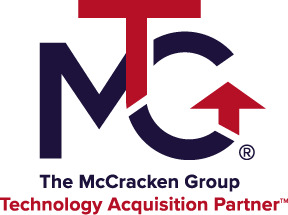
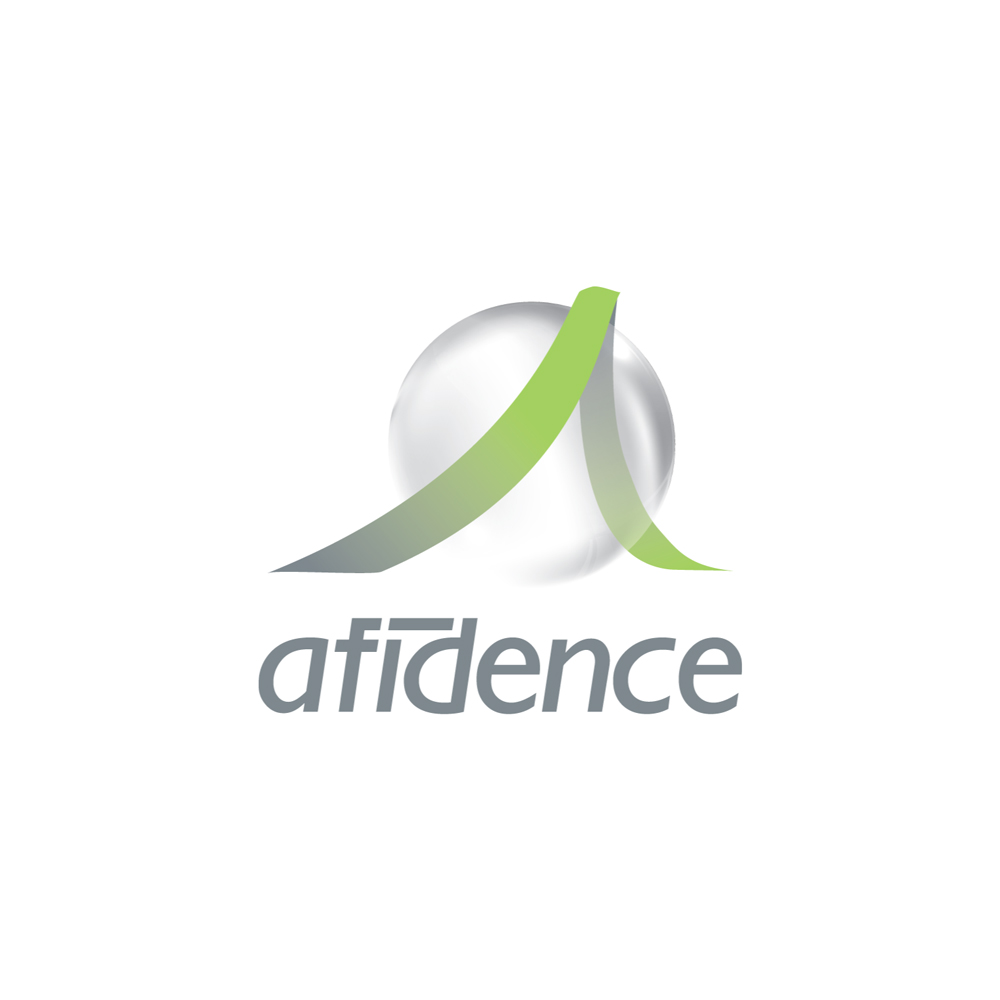
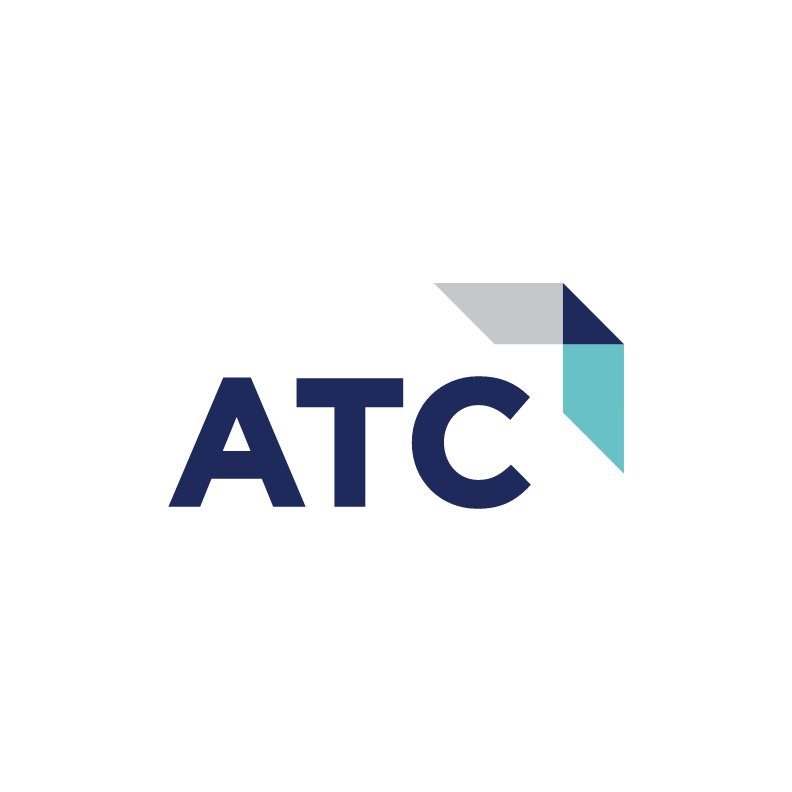
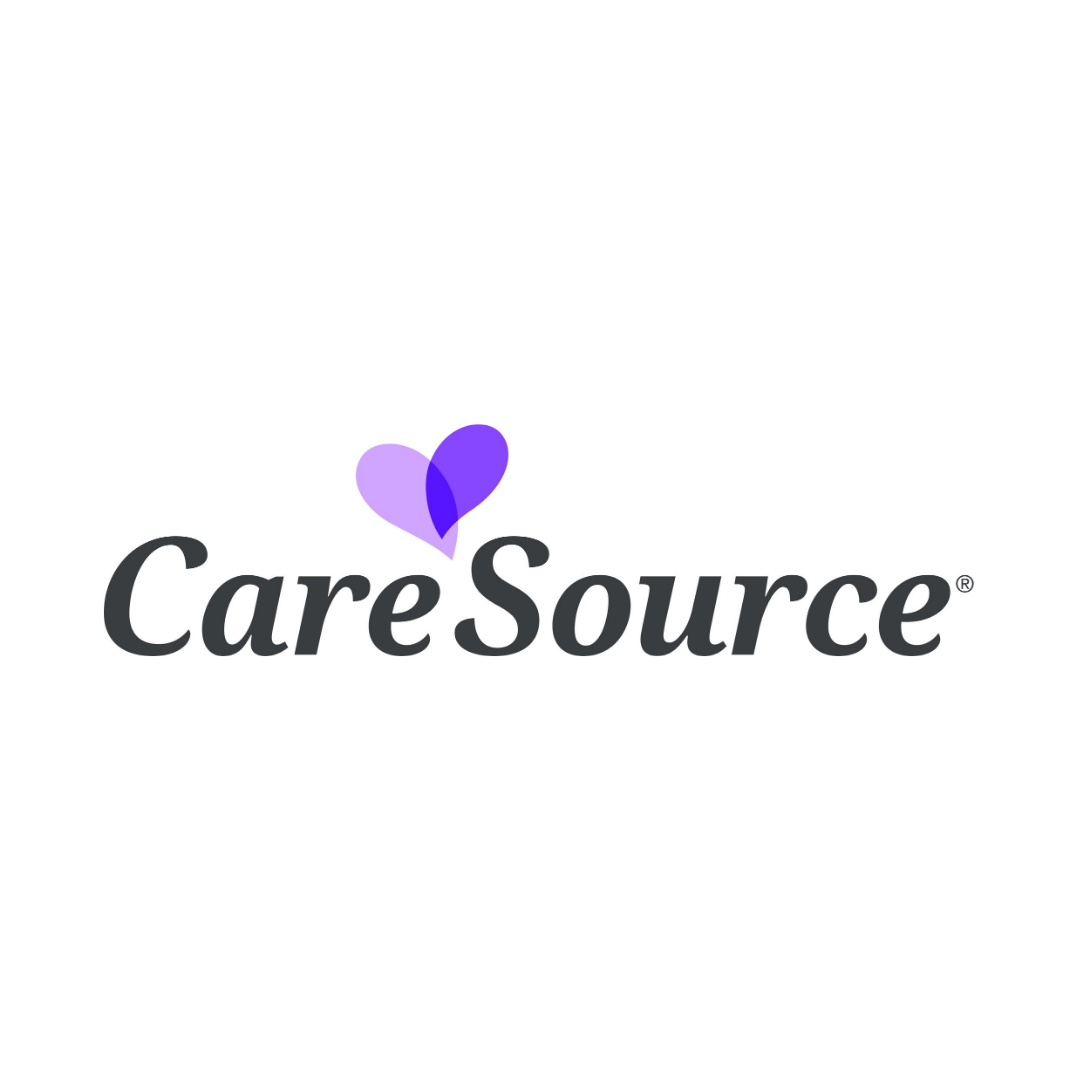
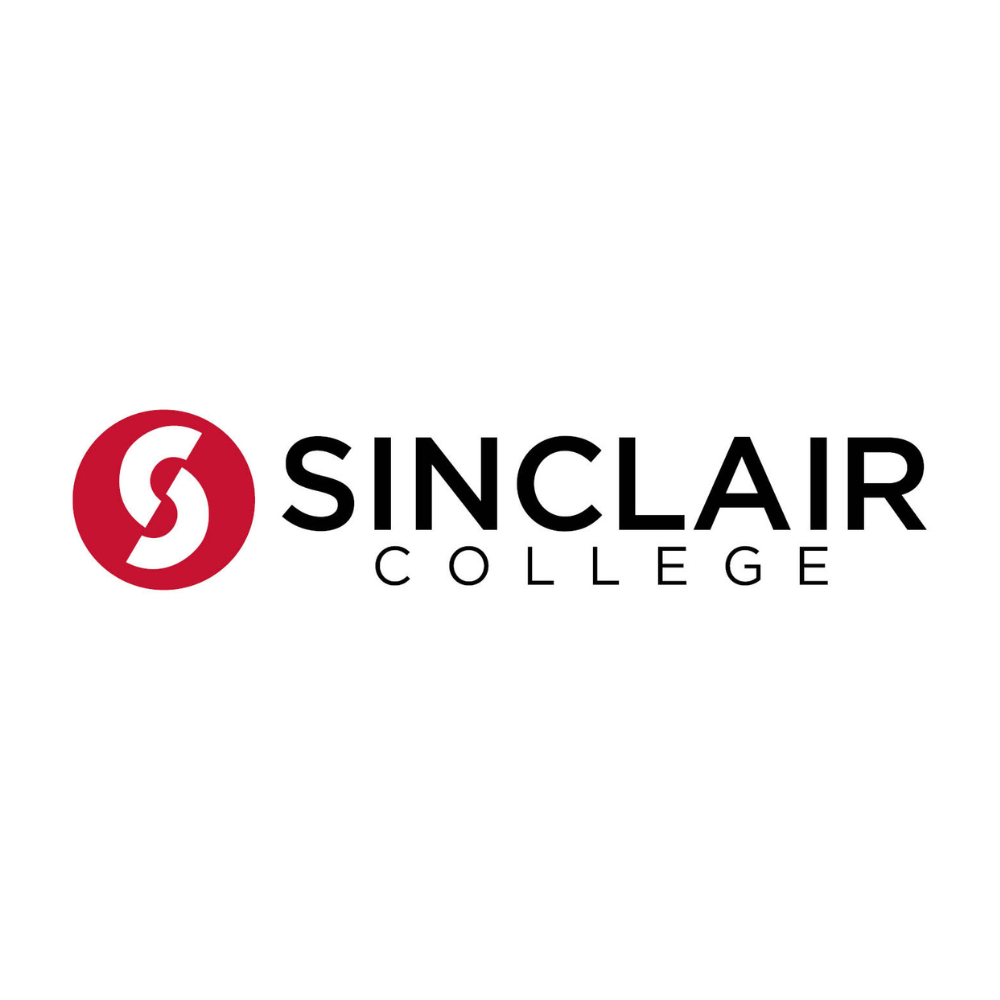

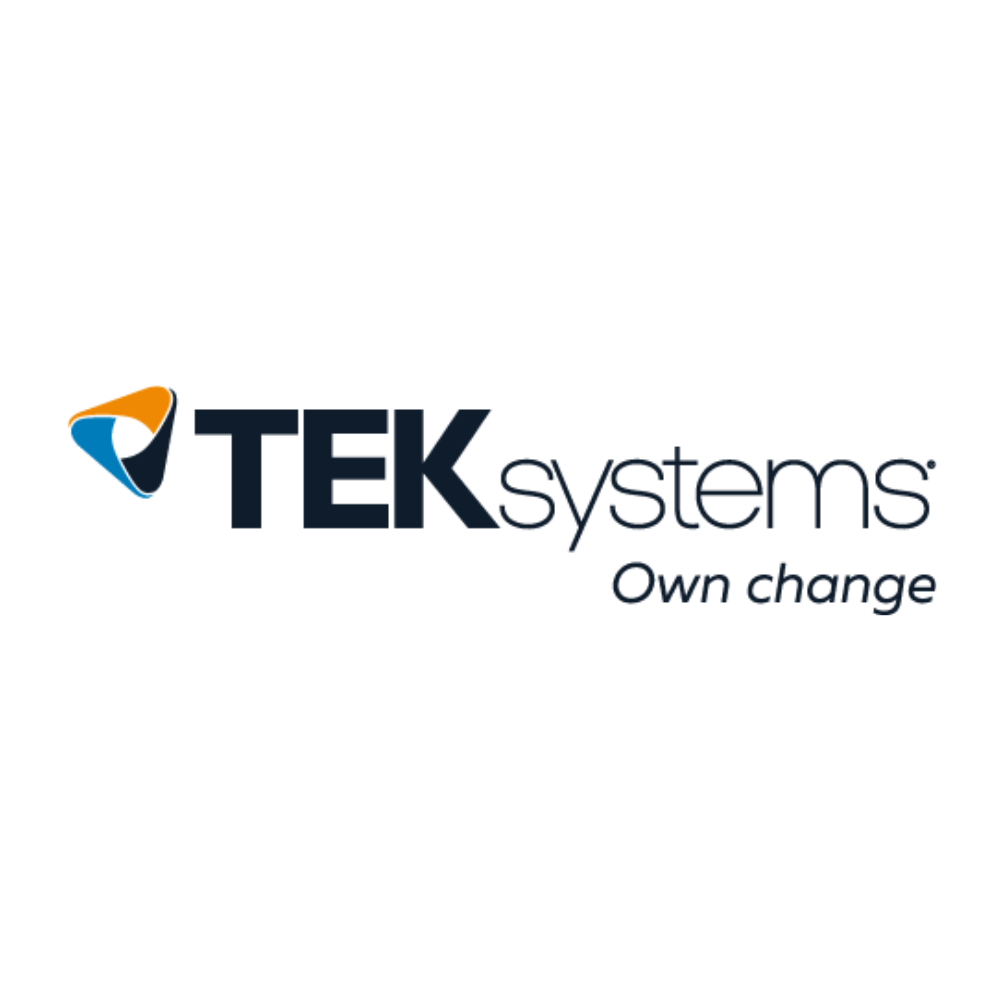
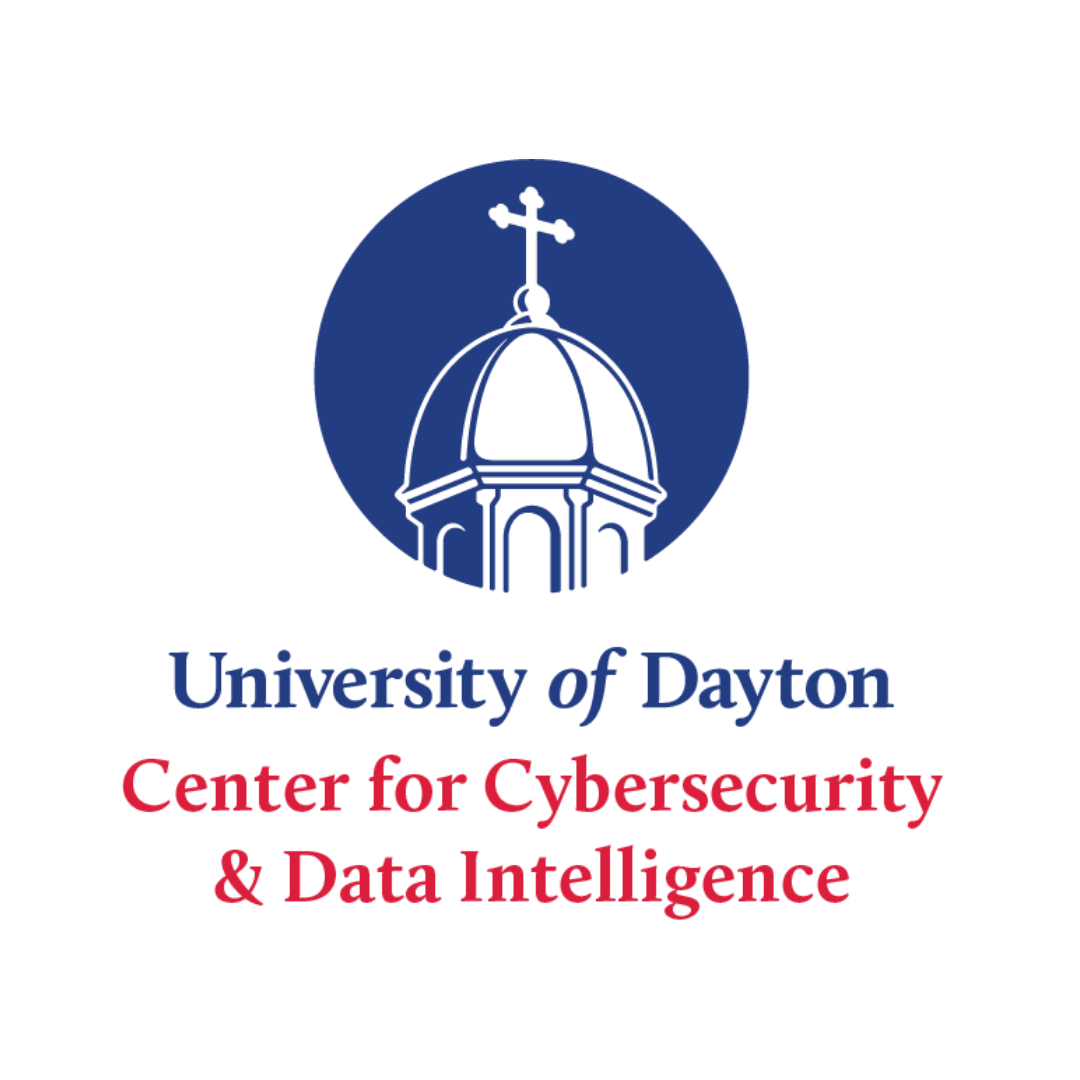





.png)


